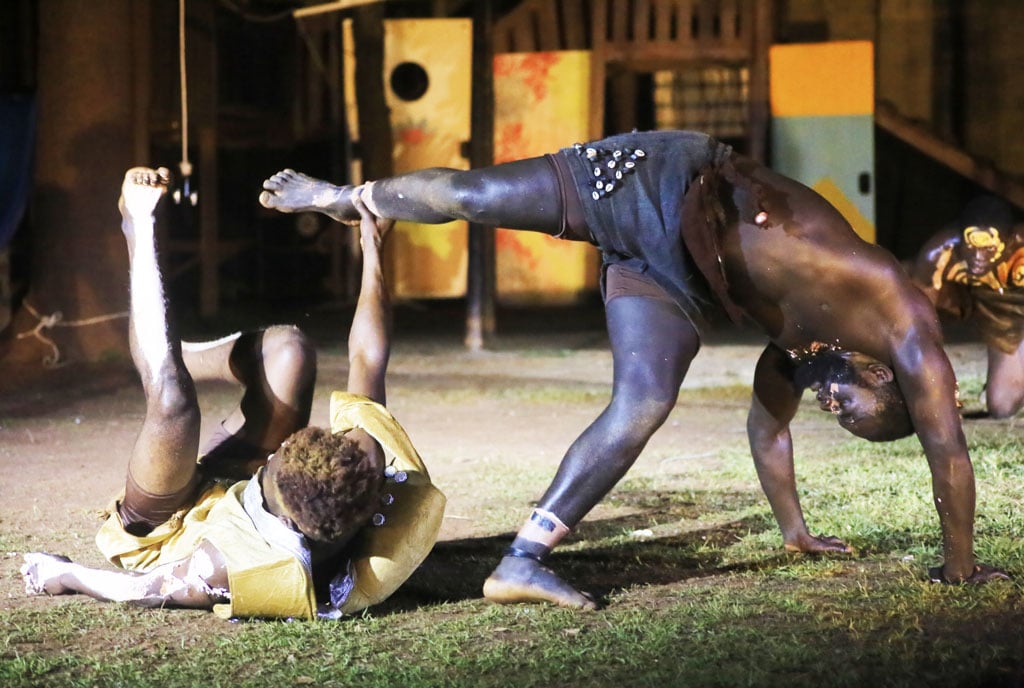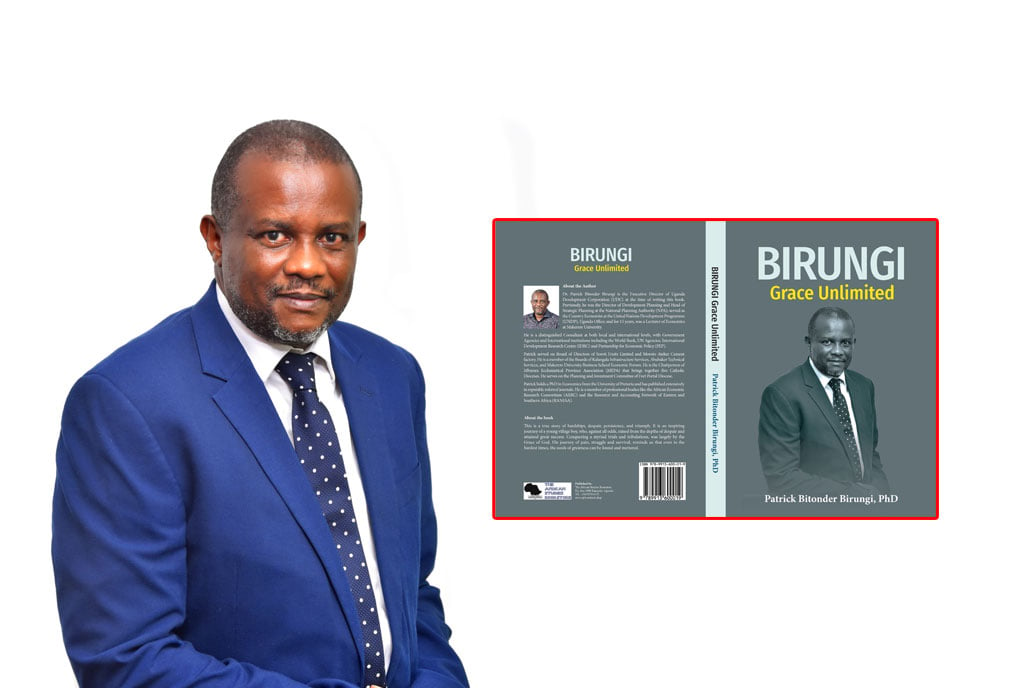
A family of five takes a shortcut and kabaam! “We have hit a cow,” the man driving the vehicle announces, like an announcement was necessary.
“The picture of the cow disappears as the windscreen morphs into a splintery mosaic. Standstill. Silence. Three distinctive cries from the back. I turn around. Three little girls in tears. No blood. Relief,” writes Sylvia Schlettwein in the short story, Shortcut.
It is the last story in the anthology, Nothing To See Here.
The book’s title comes from the American police phrase, “nothing to see here, move along.” This is often said by a police officer to a swelling throng of bystanders, who mill about an accident or crime scene, their curiosity peaked by a morbid fascination with death or destruction.
The officer says these words in order to disperse the crowd without incident or the need to communicate the cause of the crime or accident.
So, you obviously know that there is a lot going on: at the crime or accident scene and, in this anthology.
A product of the fifth FEMRITE Residency for African Women Writers, this anthology is chockfull with extremely well written anecdotes. It is so good that I am not yet sure some of its goodness rubbed off on Kevin Wilson’s New York Times bestselling novel of the same title. But no, there is no Lillian or Madison in these stories. So, we do apologise to you Mr Kevin Wilson.
To everybody else, there’s nothing to see here. Please, move along to the story of Mama Dearest by Lisa-Anne Julien.
Spoiler Alert: the title for this particular short story is, as you might have guessed already, is ironic (sarcastic, too). What you will not guess is that there is yet another irony inside of this irony. You know, like Sir Winston Churchill’s “riddle wrapped in a mystery inside an enigma…”
As you tease out the story’s nuances, your heart is likely to be broken. Trust me, it is excruciatingly sad. My Fault by Monica Cheru-Mpambawashe, one of 16 African women who contributed to this anthology, will also ensure there is no dry eye left in the reading room. Sad does not begin to explain what is going on here.
Let’s see what does: all your life, you have taken the blame for everybody else’s deficiencies. It was always your fault, even when the faultlines underlined the indiscretions and mistakes wrought elsewhere.
In Doreen Anyango’s story, a woman goes through hell. Not because she is some kind of demon, but because she is continuously demonised. By the end of the story, it appears that she decides to become demonic by having her revenge on all those, who said it was her fault, especially when it was not.
This story is certainly the pick of this literary litter, if you will. It is flawlessly written. Mental health issues rear their unhandsome head as the author explores the human condition.
Here, take a look: “She remains quiet for some time. ‘Anyway, your dad’s mental state started to deteriorate while we were still in the UK. We got him psychiatric help and with the right medication, his condition was under control…”
Then, things take a turn for the worst.
You should thank me for that almost spoiler. If I had not restrained myself, I would have given away all the juicy details of that story. But I didn’t. You need to be hit between the eyes properly when you read it by yourself.
Away from all the morosity, there is humor with Davina Kawuma’s story “There’s Nothing To See Here”. It really has some rip-roaringly hilarious lines; lines that prove that there is everything to see in this anthology.
Title: Nothing Here to See
Author: FEMRITE-Uganda Women Writers Association
Pages: 283
Price: 20,000
Availability: FEMRITE Bookshop
Published: 2015








